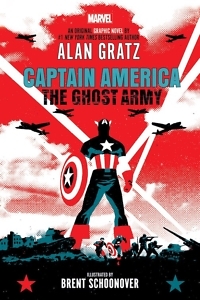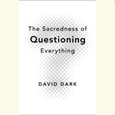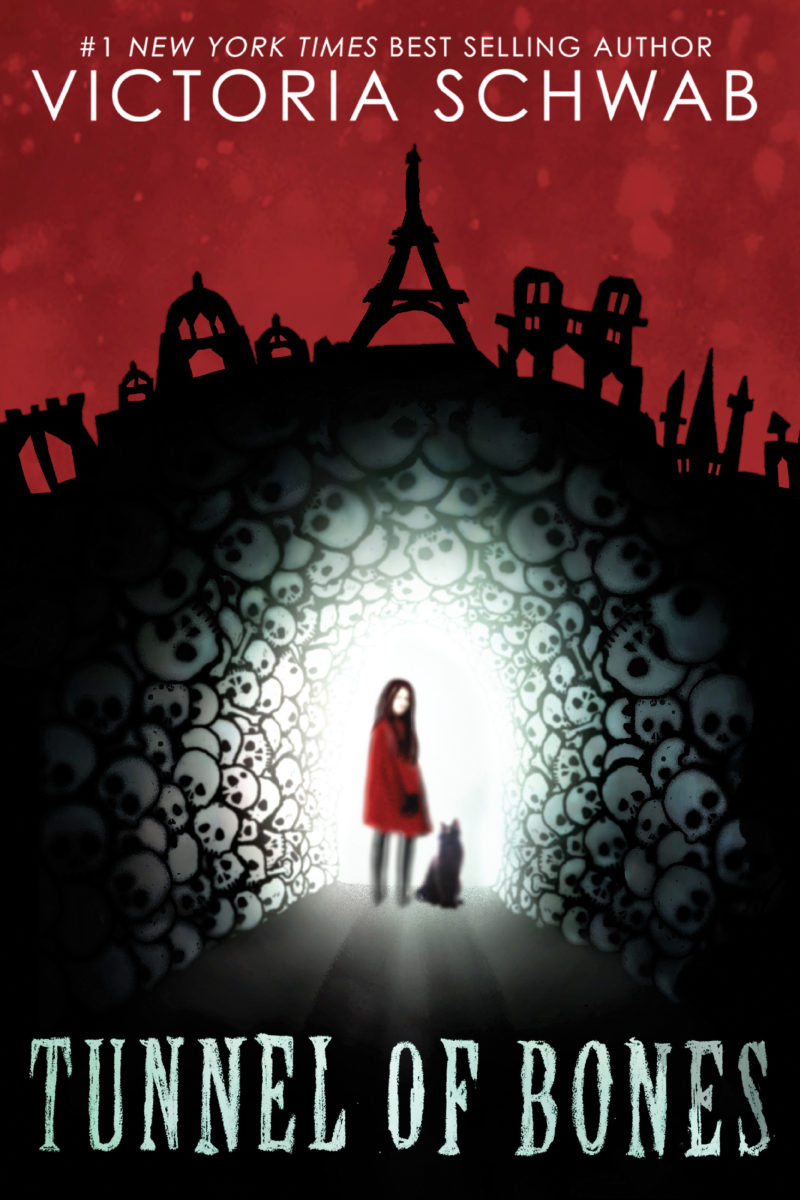A Knock-Down-the-Front-Door Kind of Guy
Alan Gratz enters the Marvel Universe with Captain America: The Ghost Army
Captain America’s legacy creates high expectations. Writers who tell the story of the iconic superhero must respect over 80 years of comic book history, and Alan Gratz, known for his award-winning novels for young readers, rises to the challenge with Captain America: The Ghost Army. In his first venture into the Marvel Universe, Gratz shifts to the graphic novel form to tell a World War II story that pits Captain America against Nazis, sorcerers, and a creepy ghost army.

A native Tennessean, born and raised in Knoxville, Gratz graduated from the University of Tennessee and is a member of the East Tennessee Writers Hall of Fame. He has authored 18 novels for young readers including the bestsellers Refugee, Two Degrees, and Ground Zero.
Despite Gratz’s stellar track record, I initially groaned at the thought of reading another story about Captain America fighting in World War II. (Captain America has battled Nazis nonstop since his creation in 1941.) But Gratz seemed to anticipate my hesitation and avoided the well-known battlefields of Western Europe, instead sending Captain America and his faithful sidekick Bucky into Southeast Europe, an area rich with World War II history that I’m unfamiliar with, and I imagine many other Americans are too.
In Transia, a fictional country wedged between Romania and Bulgaria, Captain America and Bucky fight alongside the Allied powers. Outnumbered and overwhelmed, the Nazis surround them but, in a surprising reversal, the German Army retreats, driven away by the United States Ghost Army, a group of artists who use props and recorded sounds to deceive the enemy into believing they are near large numbers of troops. However, relief doesn’t last long for Captain America and Bucky because the Nazis, with the help of sorcerers, unleash their own ghost army — but this one rises from the dead.
Captain America fans will appreciate the combination of action and storytelling that Gratz and illustrator Brent Schoonover bring to this graphic novel. There’s plenty of shield-slinging by the hero dressed in red, white, and blue. Schoonover, who has worked on major Marvel characters like Ant Man, Captain Marvel, and Black Widow, captures the fighting spirit of Captain America with fierce images and a sharp eye for how bodies move in battle.
 After reading the book, my 9-year-old son expressed enthusiasm for World War II-era tanks and planes. His curiosity about the Allies and Nazis sparked many questions, sending him to YouTube to watch real footage from the battlefields. Action scenes don’t appeal to me anymore, but I must admit it was awesome when Captain America slung his shield into a giant tank of hydrogen gas, causing it to explode and launch him to the top of a castle.
After reading the book, my 9-year-old son expressed enthusiasm for World War II-era tanks and planes. His curiosity about the Allies and Nazis sparked many questions, sending him to YouTube to watch real footage from the battlefields. Action scenes don’t appeal to me anymore, but I must admit it was awesome when Captain America slung his shield into a giant tank of hydrogen gas, causing it to explode and launch him to the top of a castle.
As for characters, the never-failing chemistry between Captain America and Bucky generates energy from beginning to end. Bucky, one of the most underrated superhero sidekicks, balances Captain America’s brute force with his clever mind. “Cap’s not so great at sneaking. He’s more of a knock-down-the-front-door kind of guy,” says Bucky, contrasting himself with his brawny partner. Throughout The Ghost Army, “Cap” and Bucky bring out the best in one another, and their mighty devotion forms one of the best duos in comic book history.
Gratz impressed me most with his willingness to address in brief moments the darker side of America’s involvement in World War II. One scene places Captain America around a campfire with a Japanese American, an encounter that leads the hero to denounce the shameful internment of Japanese Americans. Gratz also uses exchanges between characters to name harmful stereotypes of Romani people. As a parent, I’m grateful my son is learning a more complicated version of history that could have been easily ignored in a superhero story.
After finishing The Ghost Army, it struck me how extraordinary it is that the Golden Age of Comics continues to appeal to young readers. Superman, Batman, Wonder Woman, Flash, and Green Lantern all remain popular characters eight decades after they were first introduced. And Captain America endures as well, for yet another generation to witness what makes him great: his unwavering mission to protect the most vulnerable.
I’m intrigued by America’s love affair with the superhero. Overthinkers like myself wonder what it is about them that appeals to us so much. Perhaps they’re a balm for our feelings of powerlessness in a crazy, violent world, or maybe they represent our own unfulfilled desire for power. At their best, they are like a mirror reflecting to us a stylized vision of the people we wish to be.

Billy Kilgore is a writer, at-home dad, and ordained pastor. He lives with his wife and two sons in Nashville. His writing has appeared in The Washington Post’s “On Parenting” column, Narratively, Scary Mommy, and Fatherly. He is a graduate of the University of Tennessee at Chattanooga.


